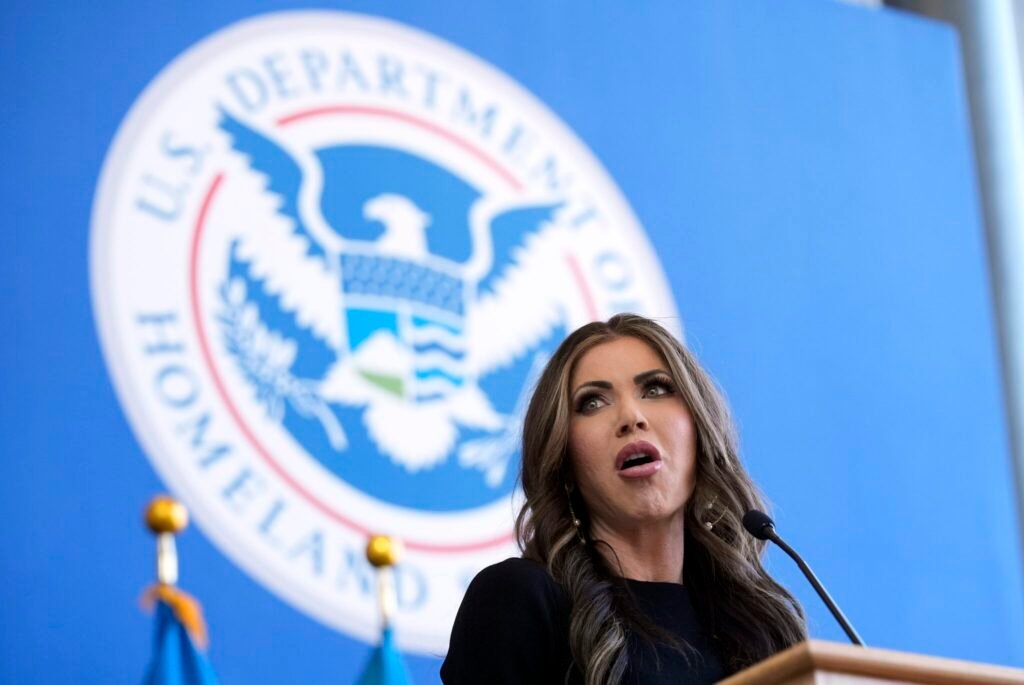Changes to Sanctuary Policies in Louisville
As pressure mounts from the Trump administration, major American cities are re-evaluating their sanctuary policies. Louisville is set to change its status, removing itself from the list of sanctuary cities to comply with Immigration Customs Enforcement (ICE) requests for detainees held for 48 hours. This decision was announced by Democratic Mayor Craig Greenberg, following notification from the Justice Department regarding alleged violations of federal law linked to immigration enforcement.
“I believe that if we reinstate the 48-hour policy for detainees from the U.S. Department of Justice concerning individuals arrested for crimes, Louisville will no longer be recognized as a sanctuary city,” Greenberg conveyed in a recent press release. He further stated that the Metro will begin practicing this policy immediately, honoring federal detainee requests, which would consequently remove its sanctuary status.
While there isn’t a strict definition for “sanctuary city,” it generally refers to places that restrict cooperation with federal immigration enforcement. Such policies often prevent local law enforcement from acting on ICE requests, sharing information about immigrant detainees, or alerting ICE to the impending release of undocumented individuals.
Typically, when undocumented immigrants face local charges, their data gets logged in a national database, which triggers alerts to federal immigration agents. This means that detainees must be held long enough for ICE to take action before they are released back into the community.
Greenberg pointed out that a 48-hour detention policy is already standard for the Kentucky Department of Corrections, a practice that Louisville followed until 2017. Concerned about potential loss of millions in federal funding, the city is now adopting the 48-hour rule.
“This change is significant,” local Democrats suggest, noting that cities still identified as sanctuary jurisdictions are experiencing increased ICE enforcement, including extensive raids.
Greenberg remarked that maintaining the sanctuary classification could result in Louisville losing hundreds of millions in federal grants. This announcement comes amidst a broader Trump administration campaign against cities that resist deportation efforts.
In May, Homeland Security released a list of U.S. cities classified as sanctuaries and urged officials to issue formal violation notices to these jurisdictions to prompt policy changes. The administration has also initiated multiple lawsuits against major sanctuaries such as Chicago, Los Angeles, and New York.
Attorney General Pam Bondy expressed her approval of Greenberg’s decision in a statement, calling it a notable win for the Justice Department. “This should serve as an example for other cities,” she commented. “Rather than forcing legal action, cities should comply with the law, eliminate sanctuary policies, and collaborate with us to address the issues surrounding illegal immigration.”







